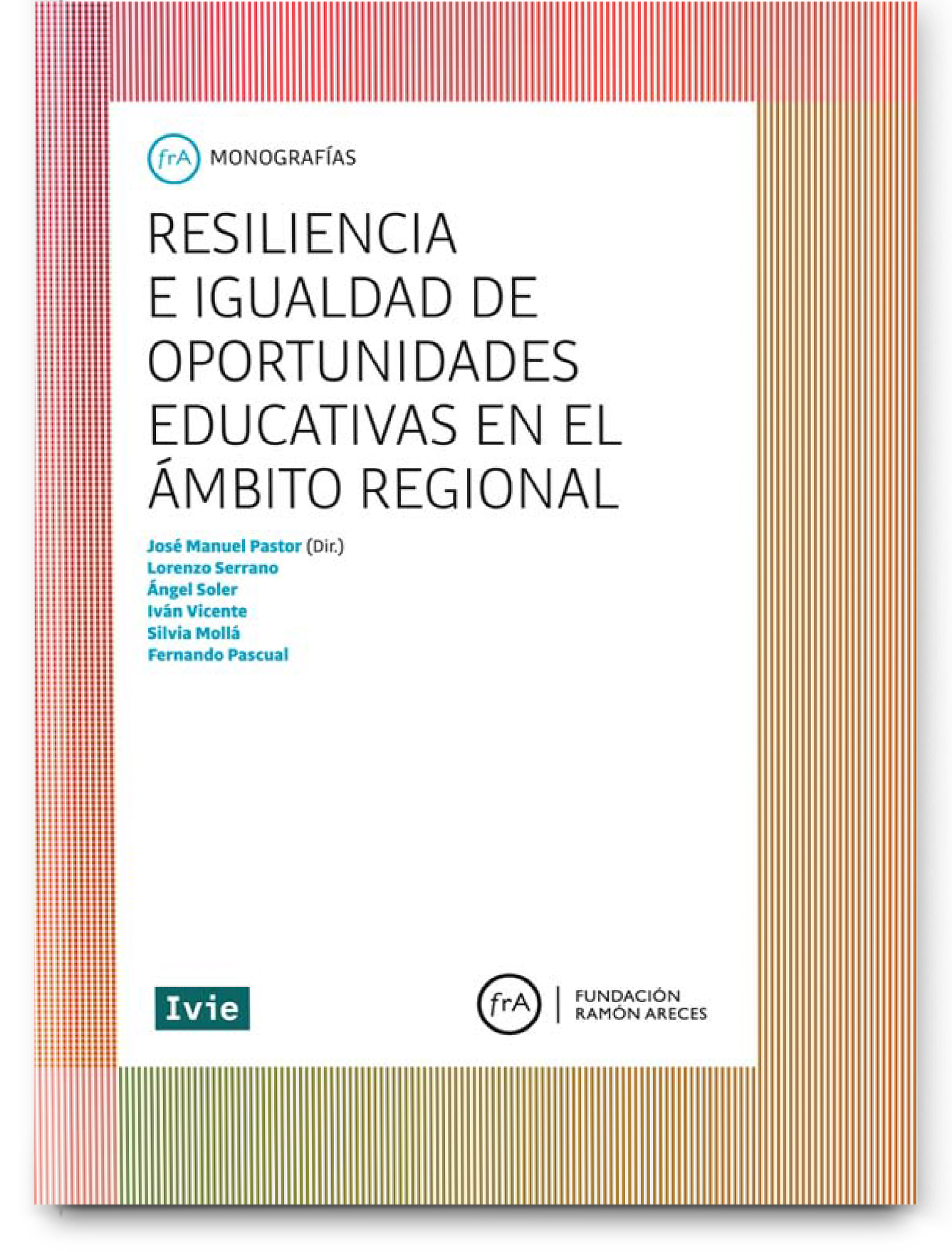Esta web utiliza cookies para que podamos ofrecerte la mejor experiencia de usuario posible. La información de las cookies se almacena en tu navegador y realiza funciones tales como reconocerte cuando vuelves a nuestra web o ayudar a nuestro equipo a comprender qué secciones de la web encuentras más interesantes y útiles.
Research Areas

The project aims to identify factors that improve equal educational opportunities at regional level and the policies needed to achieve it. The term “resiliency” is relatively new in this area but has recently gained popularity. Based on this approach, a student is considered resilient if, despite growing up in an unfavorable socioeconomic environment, he or she has overcome obstacles to achieve above average educational results. The socioeconomic environment of origin is formed by the social, economic and cultural context in which each student has developed. Since the socioeconomic environment of origin is less of a determining factor in the educational performance of a student, the greater the percentage of these types of students, the greater the equality of opportunities in the educational system and the more inclusive the system will be.
The use of the concept of resiliency to measure equality of opportunity has the advantage of focusing on those who need it most and, thus, giving greater importance of equal educational opportunities. The PISA survey will be used in all its available waves, which could be used to exploit the variations equality of opportunity among Spanish regions and even across countries.
Pastor, J.M. (dir.), L. Serrano, Á. Soler, I. Vicente, S. Mollá and F. Pascual (2024). Resiliencia e igualdad de oportunidades educativas en el ámbito regional. Madrid: Fundación Ramón Areces.


